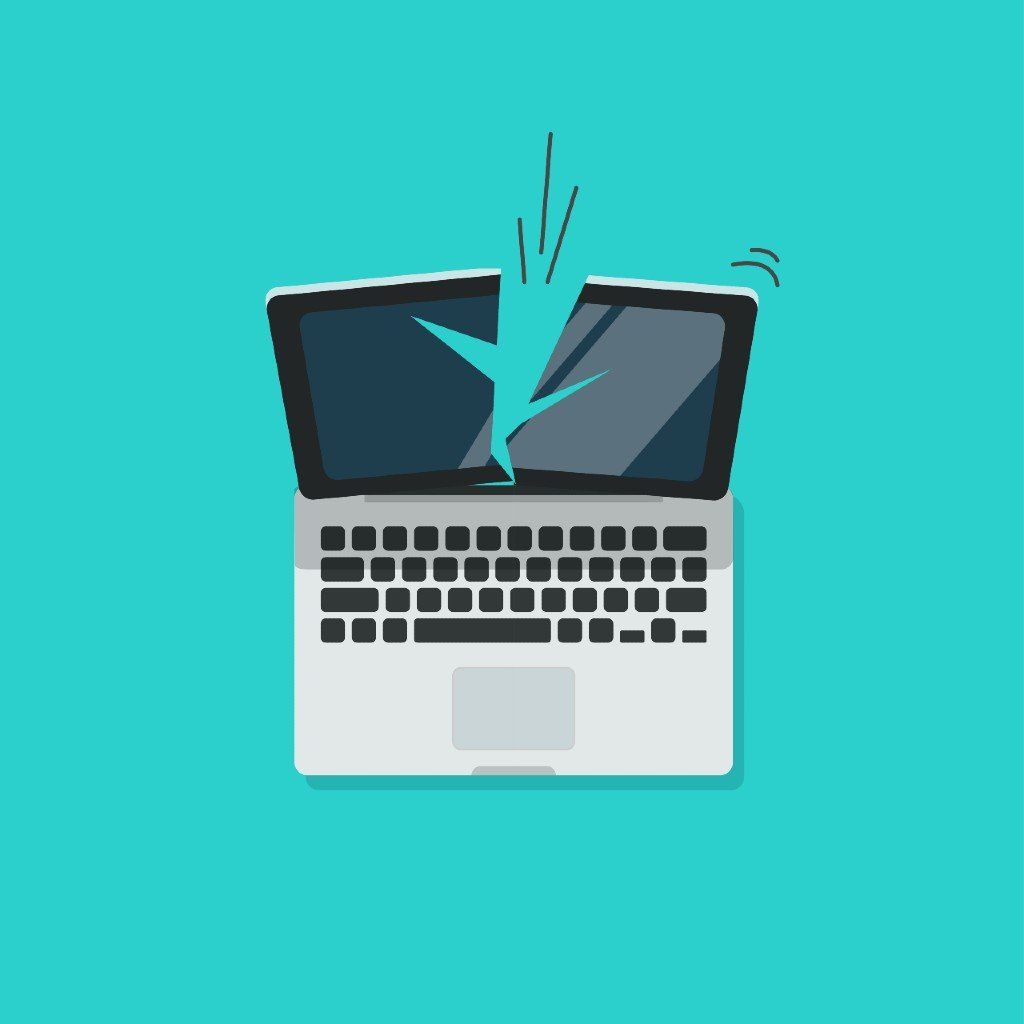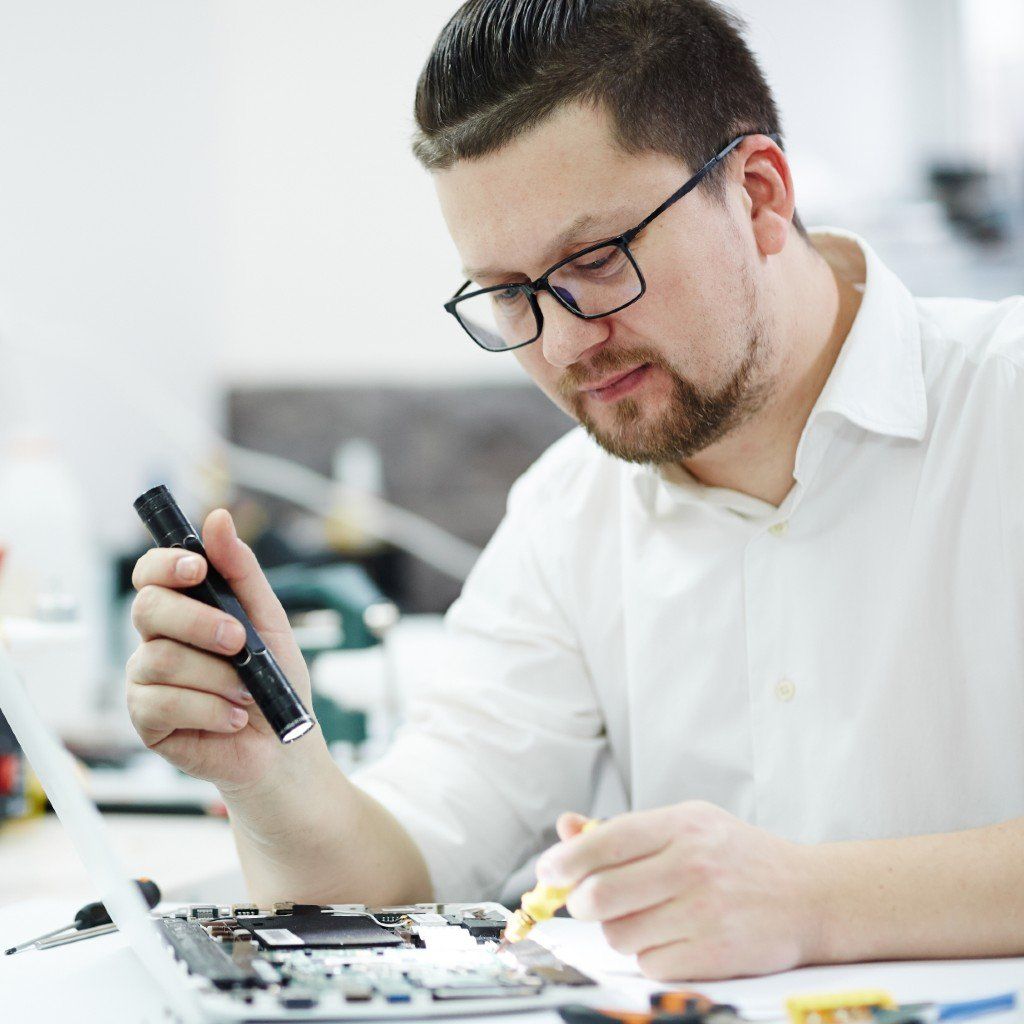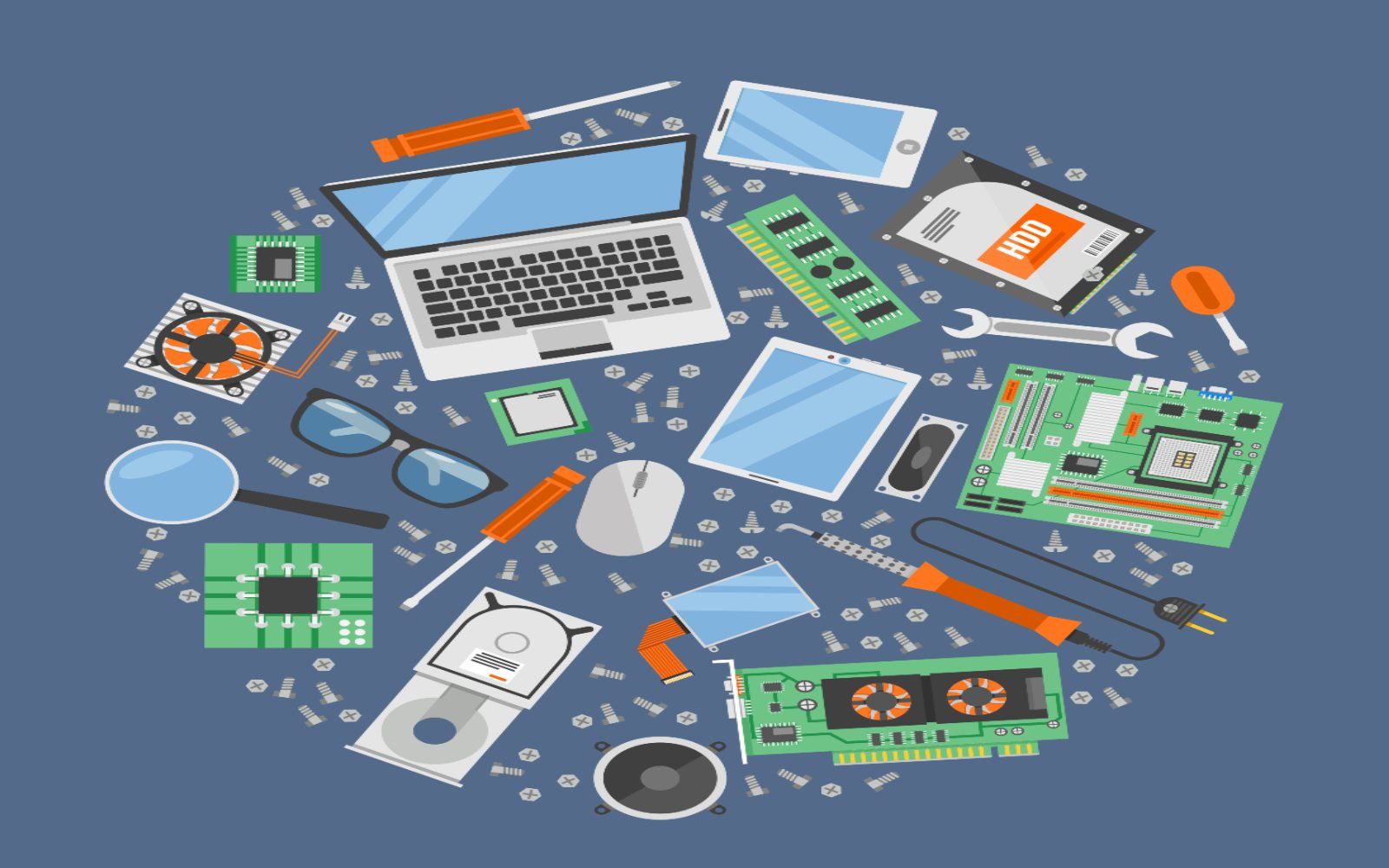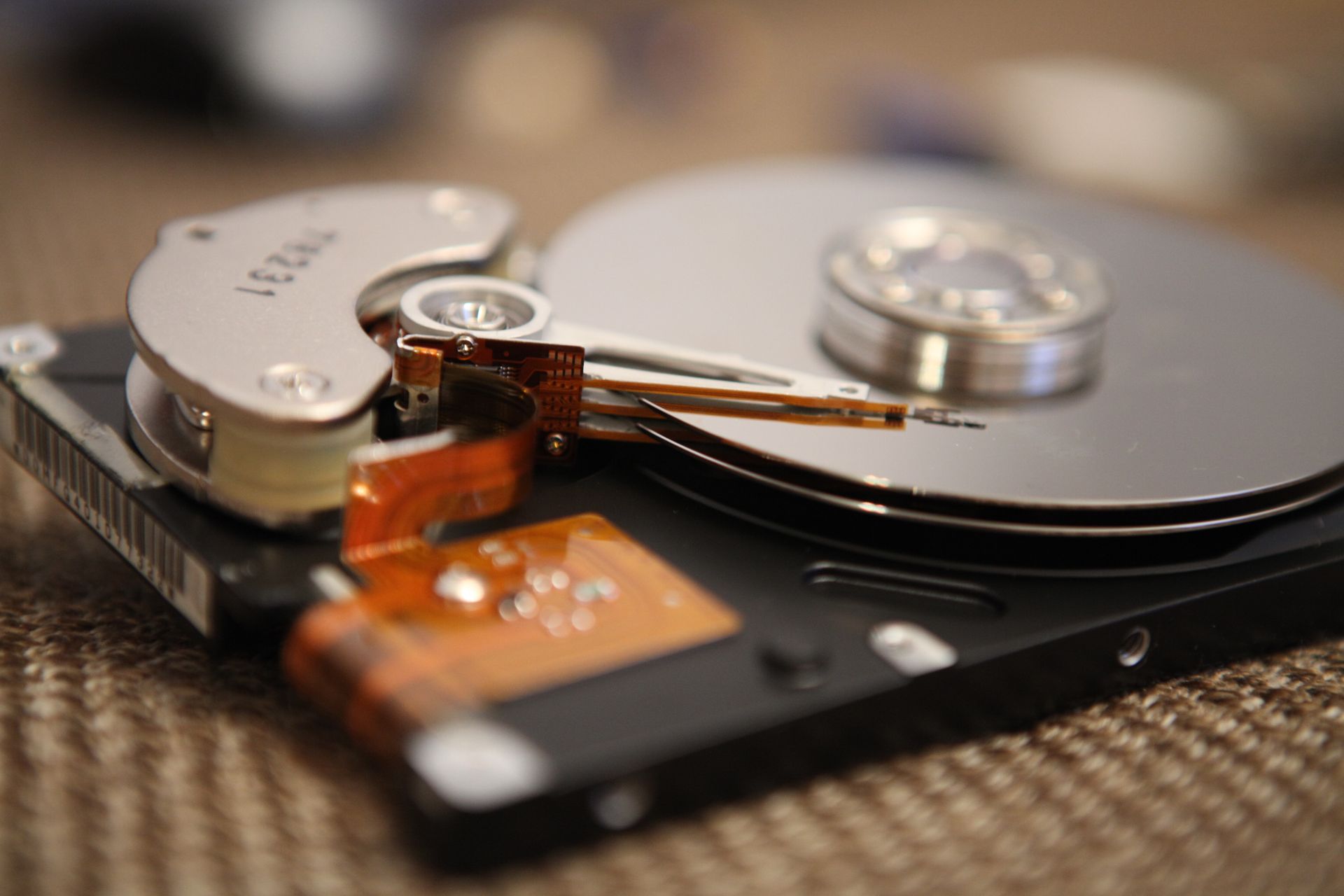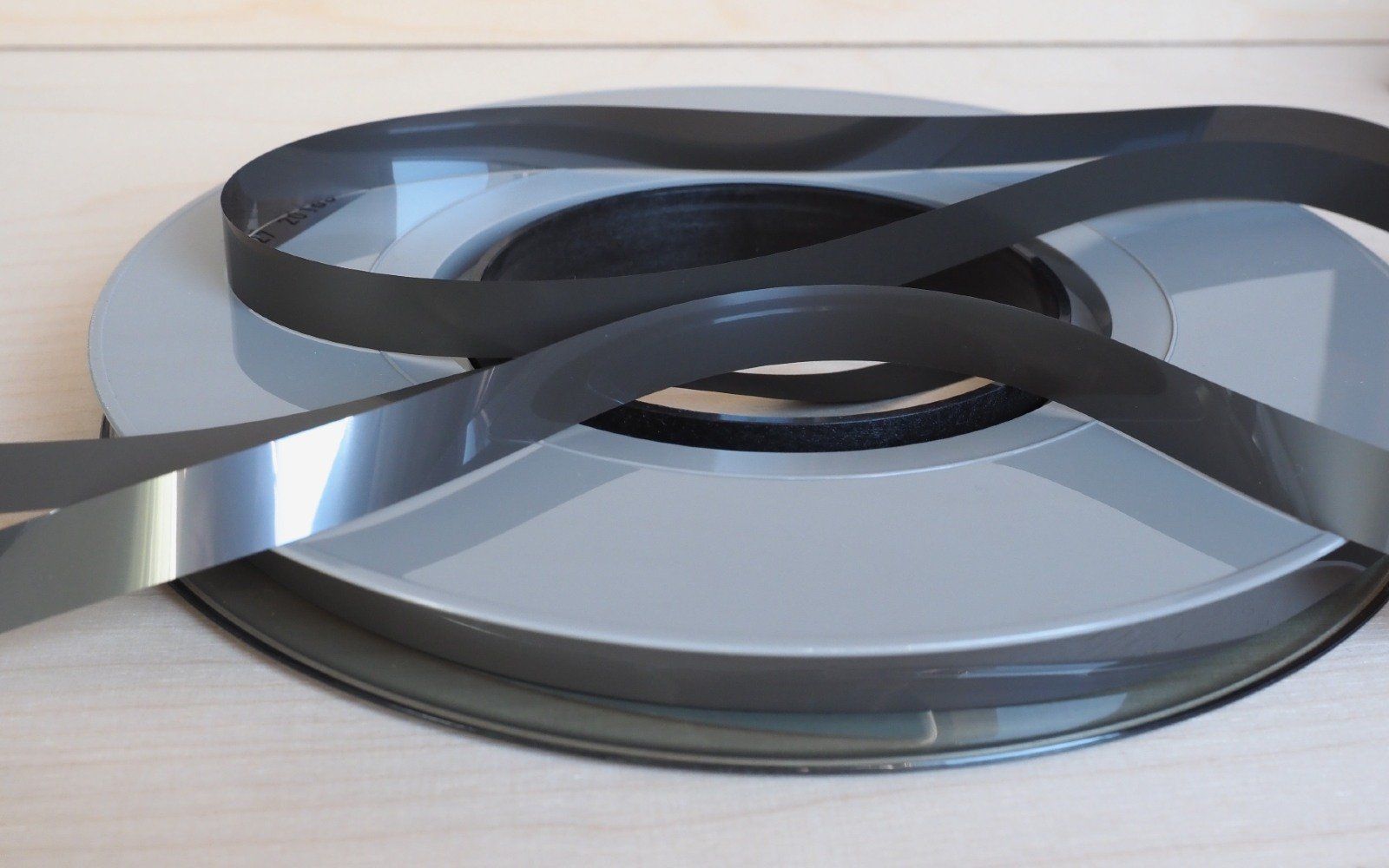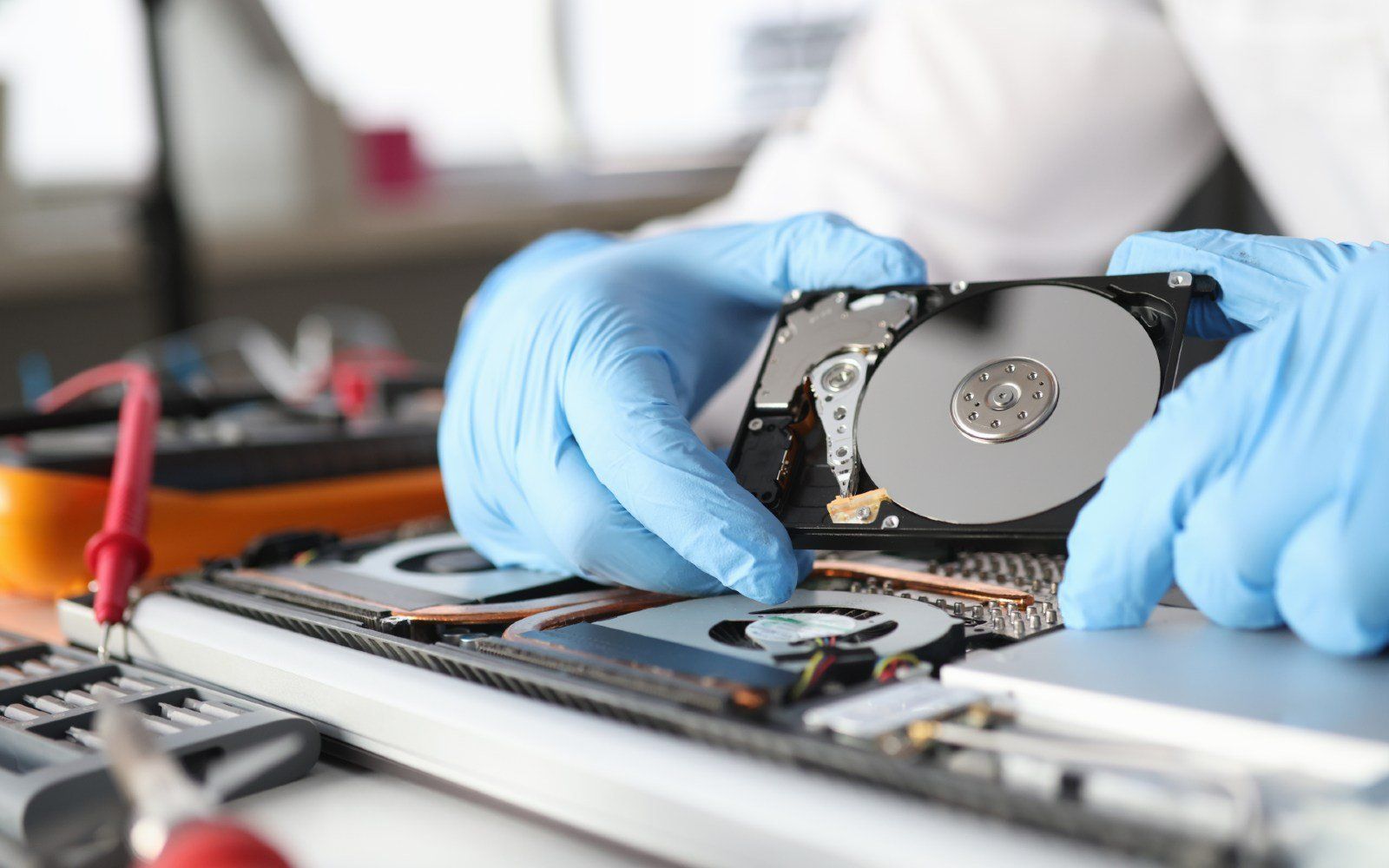Debunking 5 Popular Computer Recycling Myths
Computer recycling has quickly evolved through the years, thanks to technology’s fast-paced innovations. There are now more ways to dispose of e-waste than ten years back, although this is only the start. The rise of computers has also led to the mass increase in e-waste, becoming one of the primary pollution sources today. There is a need for a proper e-waste management system to combat this problem, with computer recycling being part of it.
However, the amount of e-waste is not the only problem. The abundance of information brought by the digital age has strengthened an old enemy: myths. Myths that circulate computer recycling and the e-waste management process are hurting the sustainable movement. To help fight against e-waste pollution, we must dispel these computer recycling myths and misconceptions as soon as possible.
How Myths Start
Importance of Debunking Myths
In the age of information, having myths is a harmful thing. Although it cannot be helped, as the massive amount of information, there is bound to be either unverified or manipulated information. Although this only creates public unease as not all information can be trusted right away.
There is no doubt that some myths are harmful, and some do not have to be a big myth, to begin with. Even small myths pose a risk to some people, as it is the catalyst for misinformation and becomes the guidance of action. And myths concerning crucial matters have the potential to do more damage, as they can instill public distress and threaten social stability.
When these kinds of misinformation have the potential to turn into huge risks, it becomes imperative for us to debunk them and provide a correct and proper explanation of the matters at hand.
5 Myths About Computer Recycling
With the rapid growth of computers, it is no surprise that many myths surround computer recycling. But computer recycling is unlike ordinary recycling; it has a distinct process.
To help you separate fact from fiction, here are 5 common myths about computer recycling, and why they are wrong:
Recycling is the first option for obsolete computers
After a computer’s life has come and gone, it’s common for people to defer to recycling as the first and immediate step to computer disposal. With the way technology is moving, computers will go old faster than we might think. To save on storage space, computer recycling seems like the fastest option to dispose of these old electronics.
However, recycling is only one of many methods of disposal. And not all old computers are entirely unusable once they have broken down. These devices can often be repaired, refurbished, and reused with the right restoration methods, even if they are considered obsolete. Some small organizations benefit from these tossed out computers. Having a secure IT asset management plan also helps make sure you don’t compromise on data privacy.
You can throw old computers with household waste
We get it: garbage is garbage. It doesn’t matter where it’s from; if it’s torn, broken, or destroyed, it probably deserves to be in the bin. And besides, there are waste management centers that are in charge of sorting out the trash. So why the need for computer recycling when someone else is going to do it for you, right?
Wrong. Not all waste departments separate old electronics that are in the trash. Some may lack the right tools for it, or some are not certified to do so. This myth is often why many electronics are dumped in the wrong place, resulting from a lack of understanding between regular waste and e-waste.
Unlike regular waste, e-waste is made from chemicals and materials like mercury and lead, which pose a harmful threat to the environment. These chemicals are also a dangerous health hazard when exposed directly. Simply dumping and burning these old electronics does not eliminate these risks, and it is for these reasons, e-waste requires a separate recycling process apart from regular waste.
Unlike regular waste, e-waste is made from chemicals and materials like mercury and lead, which pose a harmful threat to the environment. These chemicals are also a dangerous health hazard when exposed directly. Simply dumping and burning these old electronics does not eliminate these risks, and it is for these reasons that old computers require a separate e-waste recycling process apart from regular waste.
Old computers are not really “recycled”
One harmful misconception about computer recycling is that many believe these computers are tossed overseas, then becoming someone else’s problem. This myth commonly refers to stories of impoverished families in developing countries who regularly go out to the dumpsters who scavenge old electronics, scraps of metal to survive. While these stories are true, this is not enough to establish that recycling old computers means polluting other countries. It is more of a correlation than causation.
In reality, you can choose where your electronics go when recycling with the correct e-waste recycling facility. This is where e-waste certifications play a big role in ensuring that your obsolete hardware is not shipped overseas. Companies that practice correct electronic recycling, along with the corresponding credentials, will guarantee your peace of mind.
You don’t need to toss out old computers
It’s easy to store old computers in your house to save yourself from the hassle of computer recycling. With enough space, you can leave these unchecked for years at a time. One might even think that this method reduces e-waste since it prevents obsolete electronics from rotting in the environment.
Although people forget that old computers, like other electronics, contain precious metals like gold, platinum, and silver that can be mined and repurposed for later use. Not throwing out old computers takes this opportunity away from the tech industry, relying on these recycled metals to create more eco-friendly electronics. Not to mention that this method also helps ease the industry off environmentally destructive processes like mining and fracking.
You can risk a data breach with computer recycling
Data security is always going to be a hot topic in computer recycling. As long as we use electronic devices, how we manage our data is a necessary decision that we must make--as vital as using these to store information. Most people do not realize the impact that a data breach can bring to their lives; now, it is just as crucial as confidential documents. And with a massive number of people online, data thieves are lurking around every corner. So it’s only natural that some people see computer recycling as a possible security risk.
However, this should not stop you from recycling old computers. Secure data destruction and hard drive shredding are methods for wiping off data from old electronics to prevent data breaches. Taking the time to wipe out the data from your devices entirely will significantly help your chances against data thieves. Some opt for temporary measures like software reformats, but this does not make data irretrievable. Professional data destruction methods like hard drive shredding and secure data destruction, on the other hand, entirely erase data from old electronics to prevent data breaches.
Dispose Of Your Computers With Abtron!
There is no excuse not to recycle old computers. Apart from keeping precious metals off production, you also miss out on the chance to save on storage and to contribute to protecting the environment. There are also fixes to concerns like data breaches and health hazards to recycle without any compromises.
Computer recycling may sound like a tall order at first, but getting into it is easy, especially when you have a reliable partner by your side. And one of these could be Abtron. Abtron offers secure data destruction and IT asset disposal services that will help take care of your computers efficiently. Don’t miss out on the chance of having a fulfilling computer recycling experience today! Contact us for more details.

